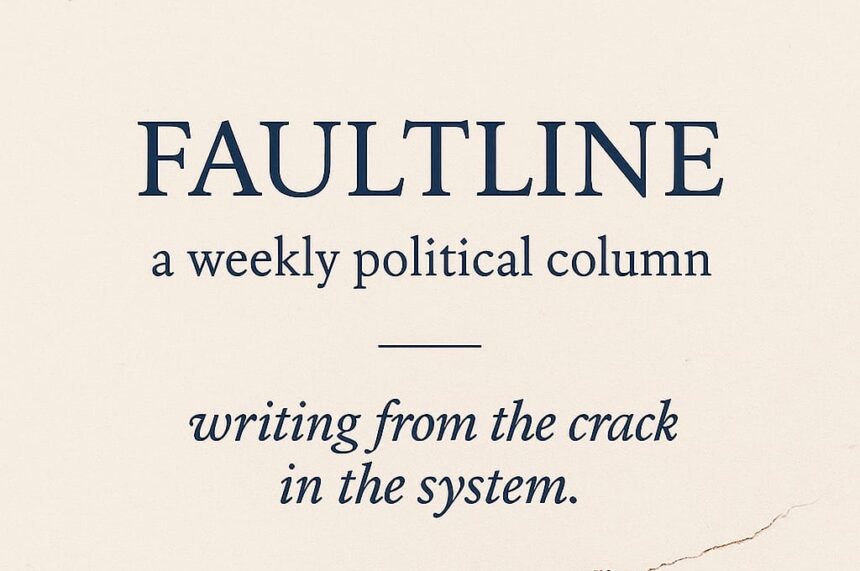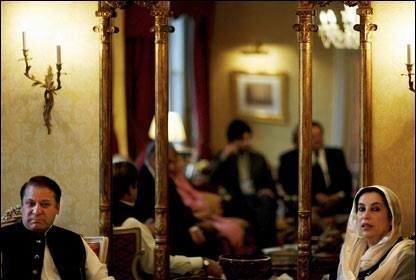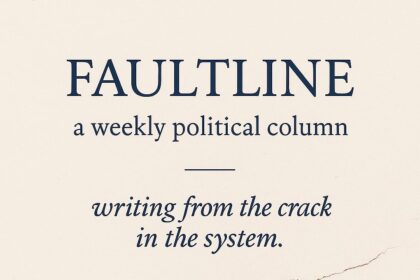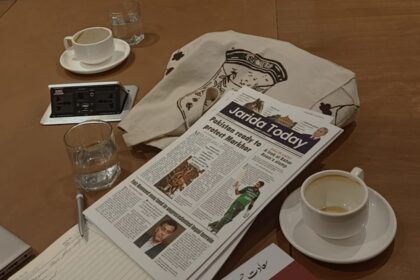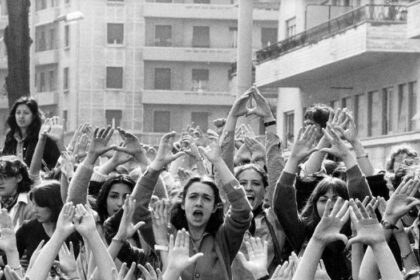It’s always the same. A woman in a crisp white kurta announces the launch of a new political party, or a rebrand of an old one, or simply a retelling of her story. This time, it’s Reham Khan. The colour palette is millennial. The slogans are bold. The aesthetic is borrowed from the very neoliberal feminism that has already failed working women globally. And the promise is that finally, women will lead.
But what does it mean when women “lead” in a system so fundamentally rigged against the vast majority of them?
Before it is a feminist question, it is a class one. Pakistani politics has never made space for women—only for wives, daughters, nieces, and elites. Fatima Jinnah was “allowed” her political moment because she was Quaid’s sister. Benazir Bhutto was never separate from the dynasty that made her. Hina Rabbani Khar remains a feudal heiress. And now, Reham Khan: an upper-class media figure draped in faux-reformist rhetoric. These women are not symbols of progress, but of what the system will tolerate—provided it comes in palatable packaging and never truly threatens the patriarchal, capitalist order.
Even in this pantomime of representation, the woman leader must look a certain way. There is no room for mess, ambiguity, or labour-class women with cracked heels and political thought. You must be beautiful, but not too beautiful; articulate, but not loud; glamorous, but modest; and Westernised, but nationalistic. The backlash that follows if you lean too far in any direction is swift and often violent. And still, none of this absolves the women who have made it.
Because what they’ve made it into is a system that feeds on exclusion.
Political legitimacy in Pakistan is a family heirloom. And in the rare event that a woman dares enter politics without a man’s name, the machinery around her either swallows her whole or shoves her to the periphery. The price of entry is complicity: in the corruption, the classism, and the casual misogyny repackaged as banter. Women in politics have dedicated decades to demonstrating their ability to navigate the male-dominated political landscape. We are no longer interested in women who simply perform power like men. We are interested in women who burn the entire system down.
But they never do. Not even the ones who claim to be feminist. This is the real betrayal.
And when we speak of betrayal, let us also speak of theory. The double bind theory explains how women in power are perceived as either competent or likeable—but never both. Assertiveness is read as aggression. Emotion is read as weakness. To be a woman in leadership, then, is to be punished for traits that men are rewarded for. But again, this is not a tragedy for the woman; it is a tragedy for the woman she steps on to get there.
Representation is not justice. One female face in a cabinet of war criminals is not progress. One lipstick-laden press conference in the name of “empowerment” is not revolutionary. In fact, it is counter-revolutionary. Because it convinces the public that change is happening while everything stays exactly the same.
Compare this to global contexts, and the pattern remains: Thatcher was a woman, and she decimated working-class communities. Kamala Harris is a woman of colour, and she championed mass incarceration. The gender of the oppressor changes; the violence does not. So forgive us if we do not celebrate every time a new woman rises to power. Especially not in Pakistan, where land-owning begums use the word “feminism” like it’s a Chanel bag and will trample over domestic workers on their way to women’s day marches.
What we need is not female politicians. It is radical politics that centres women, and not just the ones with pedigree and PR teams.
Where is the representation for the woman who labours in the fields without land to her name? For the Baloch mother whose child has disappeared? For the Christian nurse accused of blasphemy? For the transgender activist murdered in broad daylight? For the girl who was told she couldn’t go to school but dreams of law anyway?
None of these women will ever make it to Parliament. And that’s the point.
The idea that women can succeed in politics under these conditions is a cruel lie. One that soothes the elite and silences the rest. It is the same lie that tells us we are free. That we should wait our turn. That if we just wear the right clothes, speak the right way, and marry the right man, we might be allowed to matter.
We are done waiting.
So let them build their parties. Let them wave their flags. Let them sit on panels and speak of change. We are watching. We are reading. And we are not fooled.






